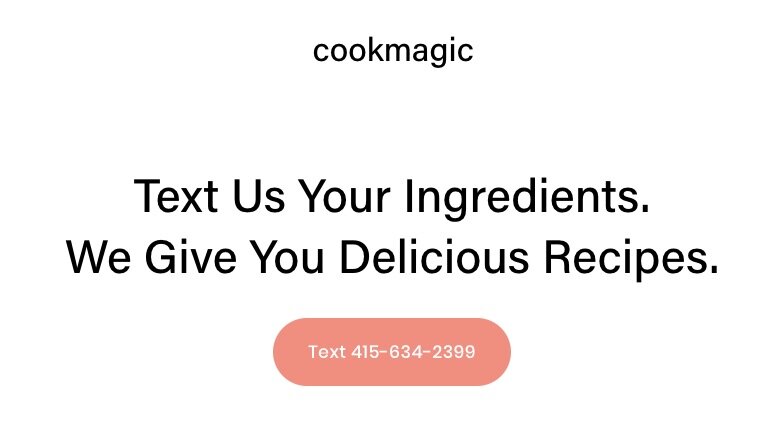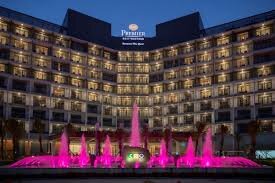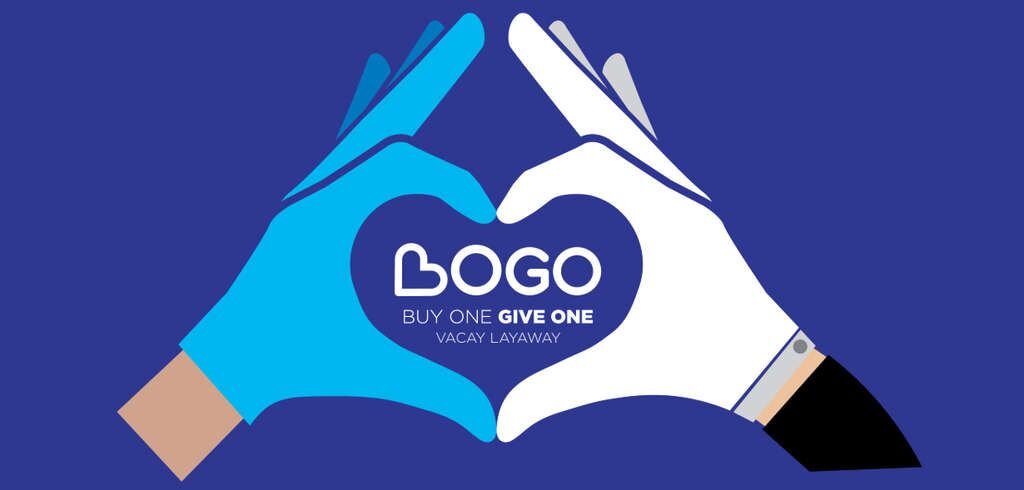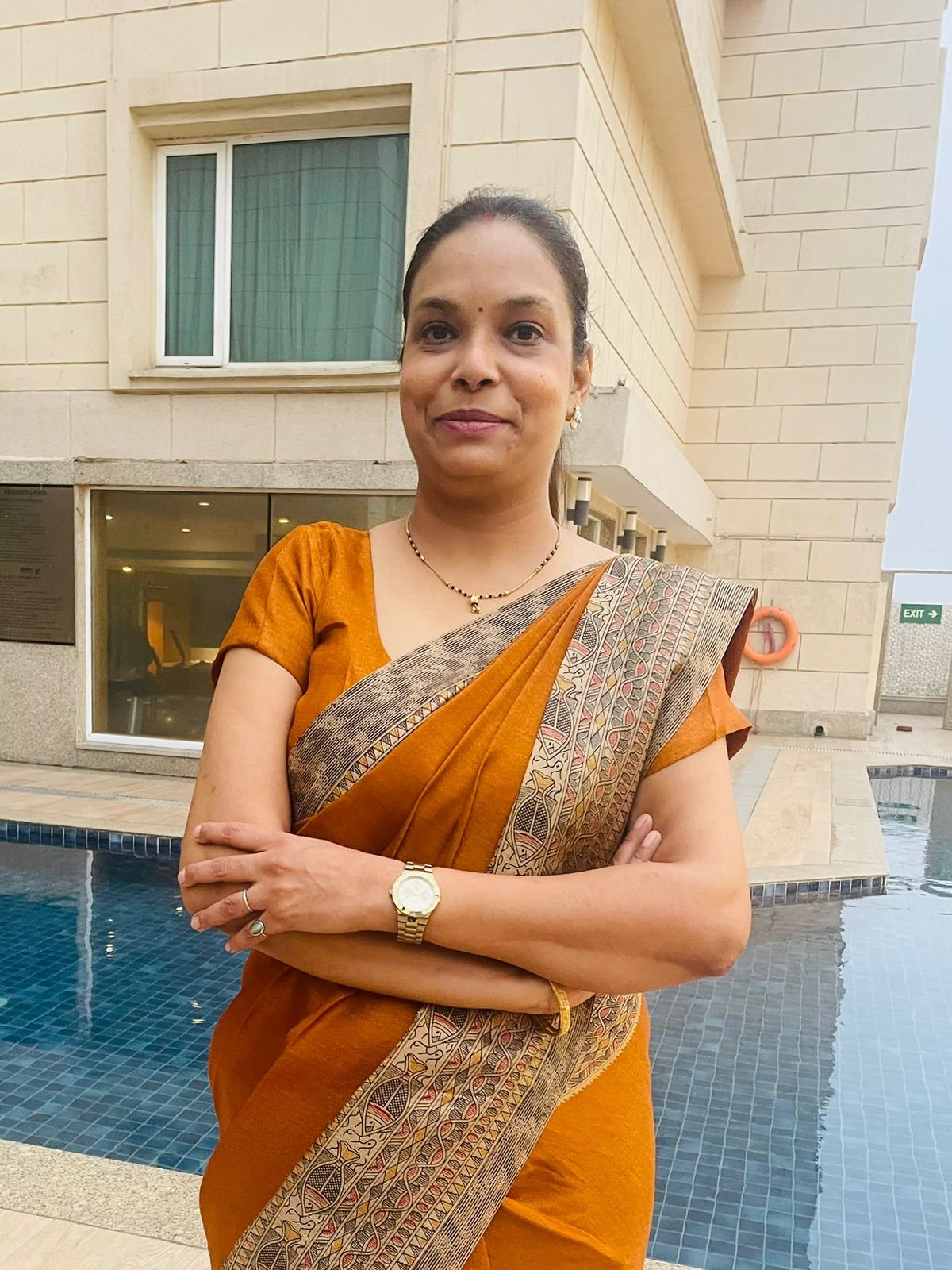Best Western Hotels & Resorts (BWHR) was the first hotel brand to set a high level of cleanliness with the roll out the I Care Clean program in 2012. The program was developed through a partnership with innovation and design firm, IDEO, and required its hotels to focus on guest high touch items and areas with standards
The We Care Clean program expands upon the I Care Clean standards and the enhanced cleaning protocol already in place, and includes the implementation of measures to improve safety - such as the installation of social distancing floor decals and front desk partitions - as well as the enforcement of heightened and comprehensive cleanliness standards on an ongoing basis across five key areas:
Front Desk and Lobby:
New protocols will minimize guest contact with personnel through a streamlined check-in and check-out process such as the use of Best Western's Mobile Concierge platform.
Enhanced sanitization procedures will be in place at the front desk, in the lobby and across guest touch points throughout the hotel with disinfecting taking place regularly.
Guest Room and Housekeeping:
Unnecessary items will be removed from guest rooms, such as decorative pillows, bed scarves, paper notepads and pens.
Enhanced and thorough cleaning protocols will be implemented in guest rooms. Guest rooms will not be entered for 24 to 72 hours after check-out, at which time the room, linens and all touch points, for example, faucets, door handles, light switches, thermostats, clocks and hangers will be cleaned with chemicals aimed at killing COVID-19
Temporary Breakfast Offerings: While recognizing the importance of a quality breakfast, offerings have been adapted to prioritize the health and safety of guests, including:
Breakfast offerings that comply with local regulations, with breakfast rooms closed where required to avoid unnecessary guest congregation.
Enhanced 'Grab & Go' offerings will be implemented in most hotels providing guests with pre-packaged food and beverage options.
Public Amenities:
When allowed to open, public amenities such as fitness centers, swimming pools and meeting rooms will be cleaned on closely monitored schedules with disinfecting chemicals.
Hotel Employees and Staff Requirements:
Hotel employees will follow strict guidelines, including utilizing Personal Protective Equipment, frequent and stringent hand-washing protocols, and housekeepers/laundry staff will wear both gloves and a mask.
Employees will be empowered to stay home if unwell, communicate their potential exposure to COVID-19 with management, and will be fully educated on how to maintain a safe and clean home
This announcement is the latest example of BWHR's commitment to supporting its hoteliers, guests and communities during the COVID-19 health crisis. BWHR was the first hotel company to offer a relief package to its hoteliers to help ease the financial burden during this challenging time. BWHR was also the first in the industry to extend loyalty status to its BWR members whose travel plans have been greatly impacted by travel restrictions and cancellations resulting from the COVID-19 pandemic.
































